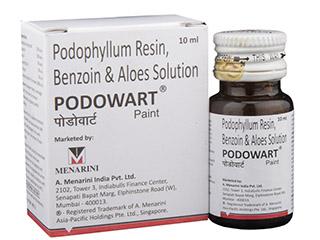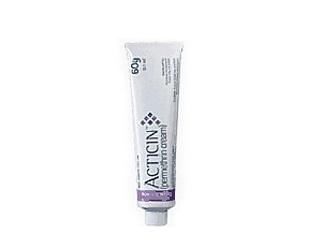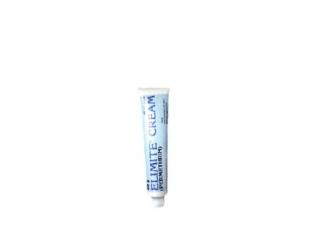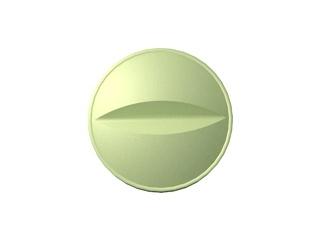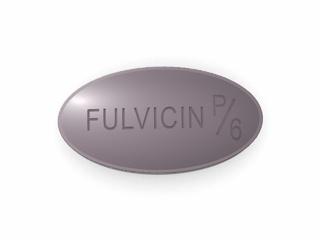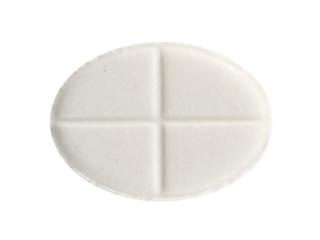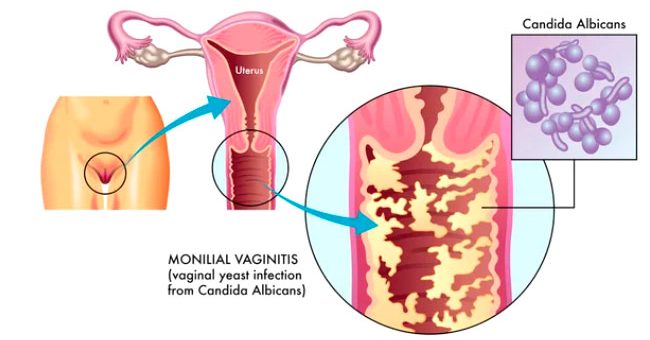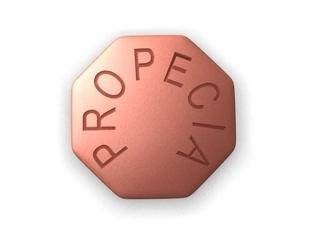Skin diseases encompass a wide range of conditions affecting the skin, ranging from mild and temporary to chronic and severe. Common skin diseases include:
Acne: A condition characterized by the presence of pimples, blackheads, whiteheads, and cysts on the skin, often occurring during puberty due to hormonal changes.
Eczema (Atopic Dermatitis): A chronic inflammatory skin condition characterized by dry, itchy, red, and inflamed patches of skin, often triggered by allergens or irritants.
Psoriasis: A chronic autoimmune condition characterized by the rapid growth of skin cells, leading to thick, scaly, and red patches on the skin, often accompanied by itching and pain.
Dermatitis: Inflammation of the skin, which can be caused by allergic reactions, irritants, or genetic factors, leading to redness, itching, and sometimes blistering or oozing.
Rosacea: A chronic inflammatory skin condition characterized by facial redness, visible blood vessels, bumps, and pimples, often triggered by factors like sun exposure, stress, and certain foods.
Vitiligo: A condition characterized by the loss of skin pigment, resulting in white patches on the skin, hair, and mucous membranes.
Skin Cancer: Abnormal growth of skin cells, often caused by exposure to ultraviolet radiation from the sun or tanning beds, leading to the formation of malignant tumors.
Fungal Infections: Such as athlete’s foot, ringworm, and yeast infections, caused by fungi that thrive in warm, moist environments, leading to itching, redness, and skin peeling.
Treatment for skin diseases varies depending on the specific condition and may include topical or oral medications, phototherapy, lifestyle modifications, and avoiding triggers. It’s essential to consult a dermatologist for proper diagnosis and management of skin diseases. Some of medicines can be bought online without a prescription: Prednisolone, Retin-A Cream, Elocon, Retin-A Gel, Brand Temovate, Acticin, Elimite, Ilosone, Differin, Fulvicin, Podowart, Neoral.




